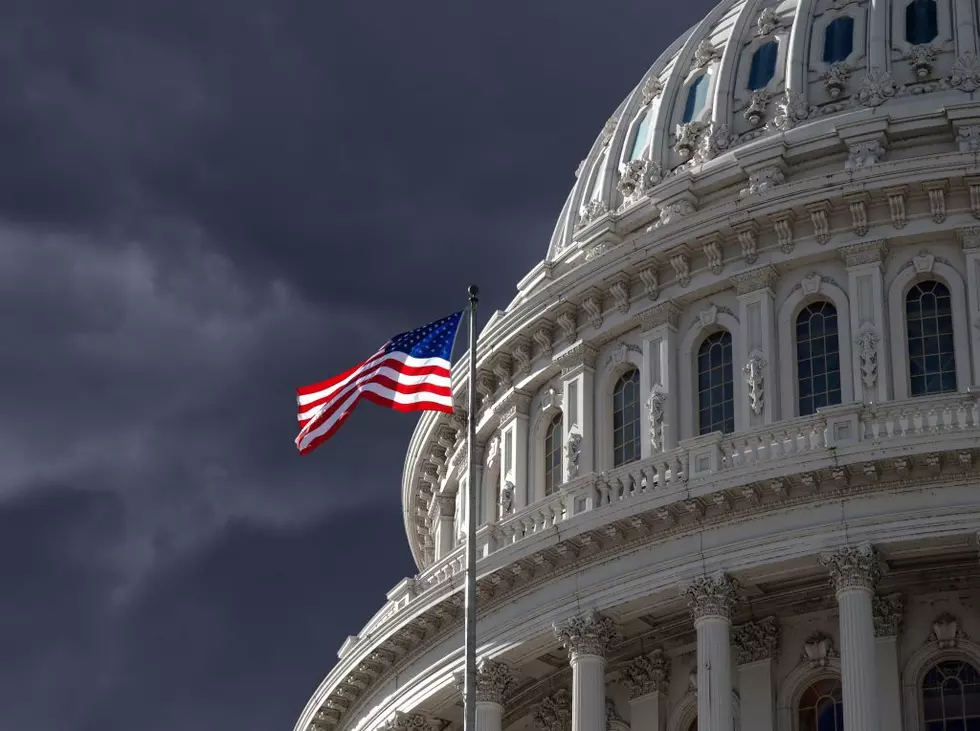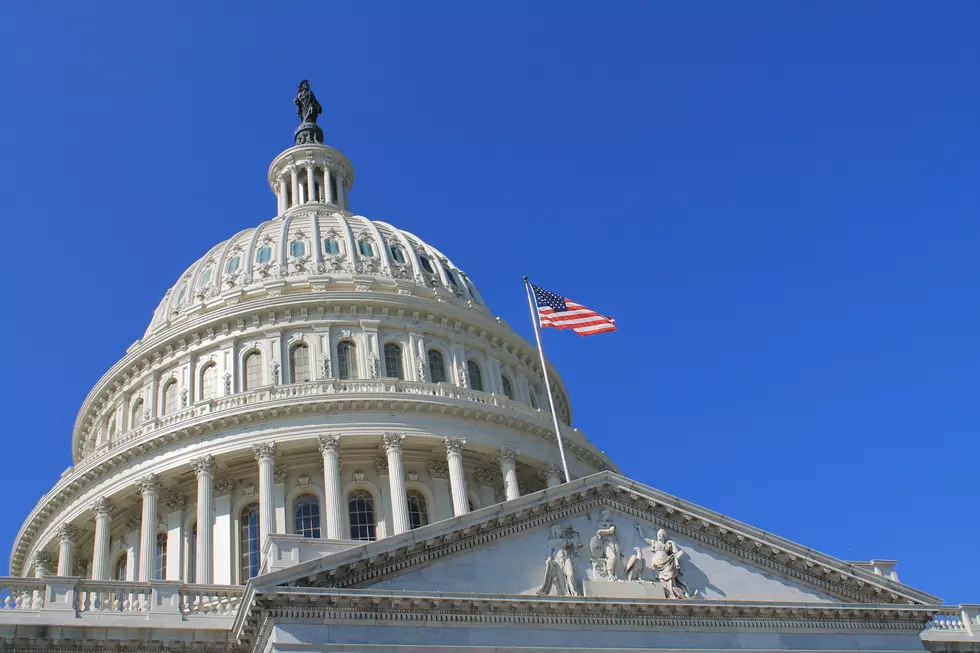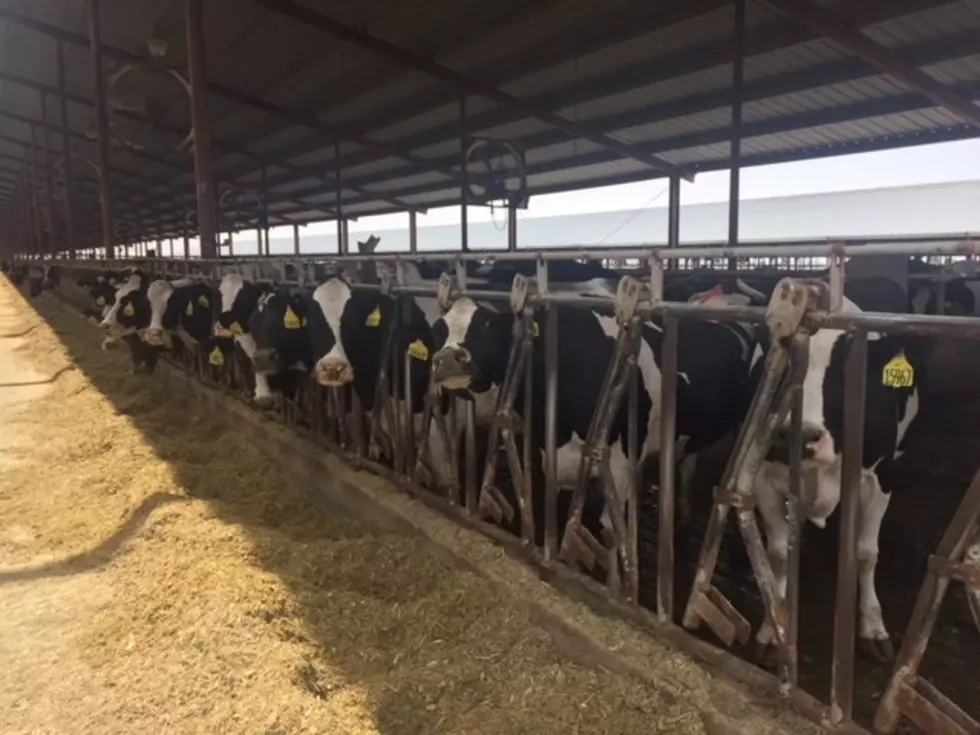
Vaclavik: Lighthizer Congressional Testimony “Misleading”
U.S. Trade Representative Robert Lighthizer recently testified before Congress on the Phase One trade deal with China. Lighthizer said implementing the Phase One trade deal is critical for the U.S., while at the same time pointing out that COVID-19 has “unquestionably” slowed progress for both governments. Joe Vaclavik, founder and president of Standard Grains, in Nashville,TN, said that’s not necessarily 100% correct.

“I think that is very misleading because all through April and May, China was an extremely aggressive buyer of soybeans out of Brazil. They bought more beans out of Brazil in April and May than I believe they ever had previously, so the virus didn’t stop them. What stopped them from buying U.S. beans up until recently, in my opinion, was simply the fact that U.S. prices were not competitive versus China. You have to remember that Brazil had the currency advantage, Brazil had the freight advantage, and they had a big crop.”
Despite that recent run on Brazil soybeans, China is now turning to the U.S. to meet its needs.
“China is beginning to buy beans out of the U.S., now mostly for new crop delivery, and that’s when they would typically buy U.S. beans, is for new-crop delivery around this time of year; beans that would be delivered after that harvest time frame, or that window when Brazil is kind of exhausted in terms of soybean supplies, say from October through the following February or March. We’re going to do a lot of business during that time frame.”
China agreed to purchase a certain dollar amount of U.S. agricultural goods, which Vaclavik said might be a long shot.
“In terms of the actual target, $36.5 billion between now and the end of 2020, I would say it’s virtually impossible to hit. I’m not going to say 100 percent it’s impossible because that would be crazy. But first of all, I don’t know if there’s any way to quantify what they’ve bought in dollars so far, but what I know is in order to hit $36.5 billion, they need to buy record amounts of every single U.S. commodity and I just don’t see that happening. I hope that they make an effort. I hope that the two sides stay on the level in terms of relations and that they keep talking to keep this thing intact. But, in terms of $36.5 billion, I don’t think so.”
He also addressed effect the debate about China making their required purchases is having on the markets.
“Things have changed a little bit. I think throughout the first year, we were very, very sensitive to headlines and quotes from Lighthizer, [Steven] Mnuchin, or Trump, or out of the Chinese government, and I think we’ve become less sensitive to that. I think the market is now trading how it normally trades," Vaclavik said. "We’re reacting to things that actually happen, including export sales, announcements of sales, the pace of export sales and inspections. I think that we’re moving out of this ‘trade headlines move the market’ type of environment and into a more realistic environment.”
If you have a story idea for the Washington Ag Network, call (509) 547-1618, or e-mail gvaagen@cherrycreekmedia.com
More From PNW Ag Network









